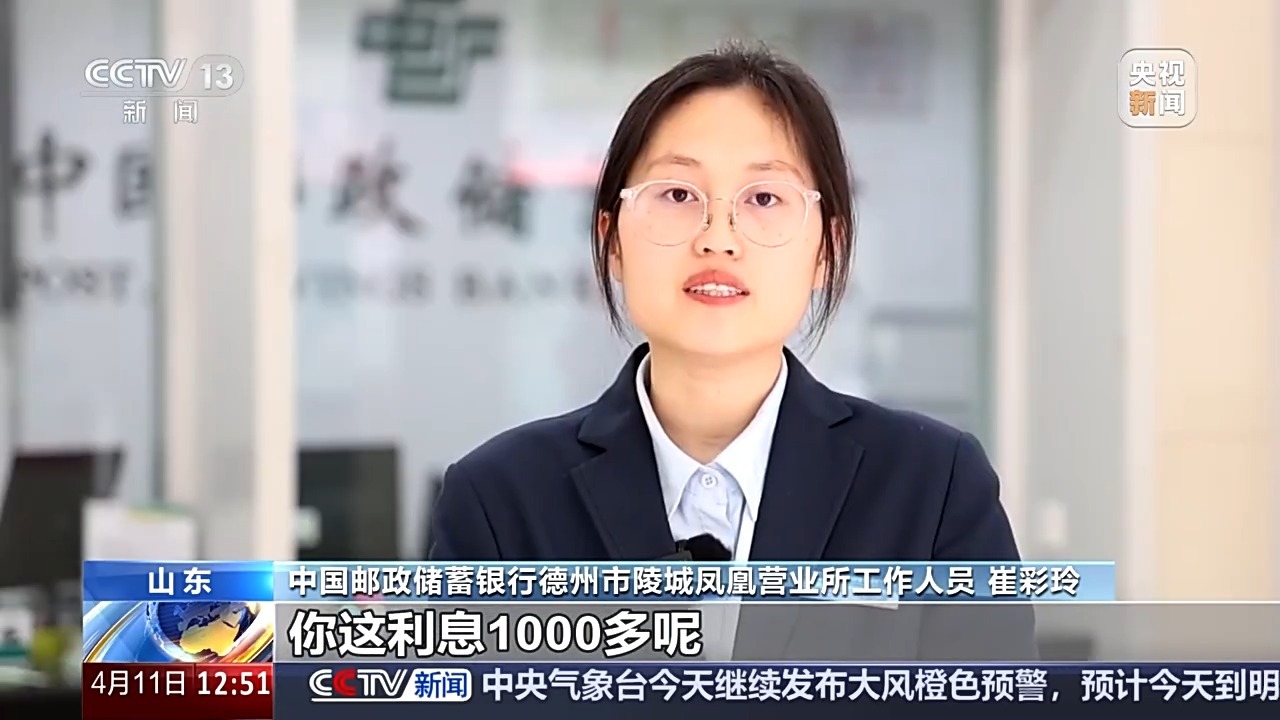China's sacrifices should always be remembered
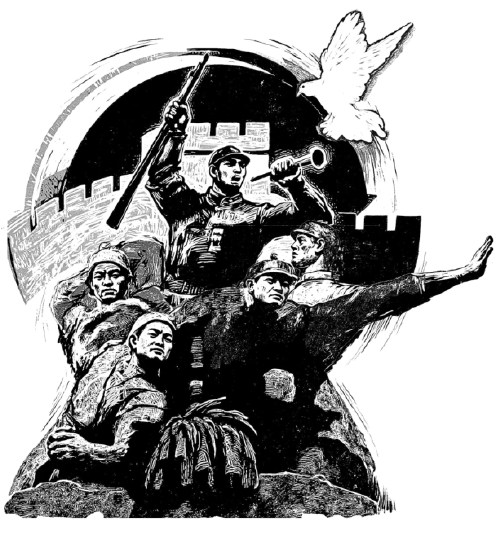
MA XUEJING/CHINA DAILY。
Editor's note: With global tensions rising and regional conflicts showing no signs of ending, it has become more urgent than ever to understand the root causes of war. Wang Jianlang, president of the Chinese Society for the History of the War of Resistance Against Japanese Aggression, reflects on some overlooked aspects of World War II — its real starting point, China's under-recognized contribution, and why the principle of "indivisible peace" remains vital today. Wang also warns against populism and historical amnesia in an in-depth conversation with China Daily's Liu Jianna for Dialogues with Thinkers, China Daily's high-end interview program. Following are excerpts from the interview:。
Q1: How should the world reflect on World War II amid the ongoing regional conflicts in order to prevent new wars?
A: We are witnessing a turbulent era of global change. While we may not yet be on the brink of a third world war, the current global environment is arguably the most chaotic in the 80 years since the end of World War II. International rules and norms are being repeatedly violated, increasing the risks of a global war.。
In such times, it is crucial to learn from the experiences of World War II. The prelude to that war showed how incremental aggression, if unchecked, could spiral into a global catastrophe. The world failed to respond decisively to early acts of aggression, which ultimately emboldened the Axis powers. Japan's occupation of Northeast China, Germany's expansion into Austria and Czechoslovakia were all warning signs.。
Today, our ability to prevent another global war hinges on our willingness to uphold international norms, support multilateral institutions, and collectively and decisively respond to emerging threats. History warns us that inaction and appeasement are often enablers of war.。
Q2: Why should we reconsider the starting point of World War II?
A: Traditionally, World War II is considered to have begun in 1939 with Germany's invasion of Poland. This Euro-centric perspective has dominated mainstream history. However, decades of research suggest the war had two major origins: Europe and East Asia.。
Japan's invasion of Northeast China in 1931 — commonly known as the "Sept 18 Incident" — was a prelude to World War II. But the world at that time failed to recognize its global implications, which led to a long and brutal campaign that eventually evolved into a full-scale war in 1937.。
If we consider the Axis powers collectively as the initiators of World War II, then Japan's invasion of Northeast China in 1931 marked the opening act of the conflict, while its full-scale invasion of China in 1937 should be recognized as the true starting point of the war. Recognizing this broader timeline will not diminish European experiences but rather complete the full global picture of the war, because World War II was not a single-front conflict but a worldwide fight against fascism, shaped by multiple triggers and theaters of violence.。
Q3: What key lessons from World War II should we always remember?
A: One of the most important lessons is the danger of appeasement and inaction in the face of early aggression. Before 1937, as Japan escalated its aggression into a full-scale invasion of China, the international community largely limited its response to expressions of sympathy, offering little in the way of concrete support. The lack of action to curb Japan's ambitions failed to deter Japan's expansion, which continued to intensify in the following years.。
Similarly, in Europe, the 1938 Munich Agreement — where Great Britain and France conceded Czechoslovak territory to Nazi Germany — demonstrated how granting repeated concessions could backfire. Germany and Japan both interpreted these diplomatic compromises as a green light to intensify their aggressive campaigns.。
Another crucial lesson is the concept of "peace is indivisible". In the 1930s, major powers such as the United States viewed regional wars in Asia as irrelevant to their own national security. It wasn't until the industrial Western powers were attacked and a global alliance was formed that the importance of world peace became undeniable.。
This idea is part of the foundation of international relations. The threat to peace in one region must be seen as a threat to global peace and stability, which warrants collective and timely action. Only by adhering to this principle can we prevent regional conflicts from turning into global wars.。
Q4: How did China contribute strategically to the global anti-fascist war?
A: China's role in the global fight against fascism has often been undervalued, partly because it was not an industrial power like the US, Great Britain or the Soviet Union. Nonetheless, China's strategic contributions were immense.。
Despite the vast disparity in economic and military capabilities — China's GDP was less than a quarter and steel production less than 1 percent of Japan — China resisted Japanese aggression for 14 years, which includes eight years of full-scale war. It was a prolonged and costly resistance.。
China tied down more than 1 million Japanese troops on the Asian mainland, significantly easing pressure on Allied forces in the Pacific. Nearly 700,000 Japanese troops were engaged in Northeast China, preventing Japan from launching attacks on the Soviet Union's eastern front. This protected the Soviet Union in the east while it engaged in a brutal conflict with Nazi Germany in the west.。
Moreover, Chinese forces fought in foreign theaters such as Myanmar, contributing to the broader Allied victory. These sacrifices and strategic contributions earned China recognition as one of the "Big Four" Allied powers and a permanent seat in the UN Security Council. China's endurance and resistance were pivotal to the global outcome of the war.。
Q5: Why should the 1937 Lugou Bridge Incident be seen as a starting point of World War II?
A: While 1931 marked the beginning of a regional war of resistance against Japanese aggression, the Lugou Bridge Incident on July 7, 1937, signaled the onset of full-scale war between China and Japan.。
If we define World War II as a global war between expansionist powers and international resistance, then the 1937 invasion stands as a starting point of the war. Recognizing this helps correct the imbalance in Western narratives on the war, which often sideline the main Eastern battlefield's importance.。
By incorporating this perspective, we acknowledge that the war was not West-centric but part of a broader global breakdown of peace. It allows for a more nuanced understanding of the interconnectedness of global conflicts, and ensures that the experiences of Asian nations are not overlooked in the history of World War II.。
Q6: How should we see the roles of the Communist Party of China and Kuomintang during the Chinese People's War of Resistance Against Japanese Aggression?
A: Both the CPC and the KMT played vital roles in resisting Japanese aggression, operating on two major fronts: the enemy's rear and the main battlefield. Their contributions were complementary, even if political tensions between them persisted.。
When honoring wartime sacrifices, we should focus on the fact that all Chinese forces, regardless of their political affiliation, fought to defend the nation. Both the CPC and KMT soldiers are part of our shared memory of resistance and deserve equal recognition for their bravery. It's also important to resist overly politicized historical narratives that pit one side against the other. The reality is that their coordinated efforts helped sustain the national resistance despite extreme hardship. The legacy of these joint efforts should be a symbol of unity rather than division.。
Q7: Why must we remain vigilant against populist rhetoric and political manipulation?
A: World War II was not only a military conflict but also a political and psychological conflict. Both Nazi Germany and imperial Japan used mass propaganda to stir ultra-nationalism and justify their expansionist policies.。
Even today, in the age of information, populist leaders can distort facts and manipulate public sentiment. When emotions override reason, democratic systems can become vulnerable, and history shows how dangerous that can be.。
Preventing the resurgence of authoritarianism requires constant vigilance against those who use ultra-nationalism, fear and populism to polarize societies. The example of Hitler reminds us of how unchecked emotional mobilization can disable societal checks and balances, and lead to disaster.。
In this era dominated by social media echo chambers and algorithm-driven content, the danger is even greater. Populism can thrive in disinformation-prone environments, making it all the more essential to promote critical thinking and independent journalism.。
Q8: How did World War II lay the groundwork for today's global governance system?
A: After the end of World War II, the international community sought to prevent a recurrence of another global war by establishing a robust system of collective security, most notably through the United Nations. The concept of peace is indivisible became institutionalized; as a result any regional conflict can now be discussed at the UN Security Council.。
This legacy is not just symbolic. It reflects the hard-earned lesson that diplomacy and dialogue should take precedence over unilateral military actions. Today, maintaining the postwar world order is essential to maintain global stability.。
The idea that all conflicts — no matter how localized — can escalate and affect global peace shaped institutions like the UN and principles like the Responsibility to Protect. These frameworks are under strain today but remain vital.。
Recommitting to the spirit of postwar cooperation requires reforming and strengthening global institutions to reflect 21st-century realities, without losing sight of the lessons that led to their formation.。
Q9: Why has China's World War II narrative often been underrepresented globally?
A: Several factors have contributed to this narrative. First, during World War II, China was not an industrial power and, unlike its Western allies, lacked global influence. As a result, its contributions, though strategic and prolonged, did not receive equal attention in postwar narratives.。
Second, the dominant Euro-American focus in World War II historiography has often overlooked the significance of the main Eastern battlefield. But recent decades have seen a growing recognition of China's central role in resisting fascism.。
And third, ideological tensions during the Cold War further distorted historical representation. China's role was either politicized or sidelined depending on the prevailing geopolitical narrative. Only in recent decades has there been a scholarly shift toward a more balanced global account of World War II. Reframing historical narratives to include multiple perspectives is not about rewriting history; it's about completing it.。
Q10: Why does redefining the World War II narrative matter in today's geopolitical landscape?
A: Historical narratives shape contemporary perceptions and policies. Recognizing China's role in World War II reinforces its legitimacy as a founding member of the international order. It also highlights the importance of non-Western contributions to global peace.。
At a time when multilateralism is under strain and nationalism is on the rise, a more inclusive World War II narrative reminds us of the shared sacrifices that led to the formation of the current global system, and why it must be protected.。
Moreover, as new conflicts occur and historical accounts are often invoked to achieve political ends, a clearer understanding of how wars began — and how they were won — can guide better decision-making. Accurate, inclusive history is a cornerstone of peace and cooperation.。
To build a bright global future, we require a collective memory which should recognize that World War II was not only fought and won in Europe, but across continents, with shared sacrifices and the common hope for peace.。
Wang Jianlang, president of the Chinese Society for the History of the War of Resistance Against Japanese Aggression. The views don't necessarily represent those of China Daily.。
If you have a specific expertise, or would like to share your thought about our stories, then send us your writings at opinionchinadaily.com.cn, and commentchinadaily.com.cn.。
(责任编辑:娱乐)
-
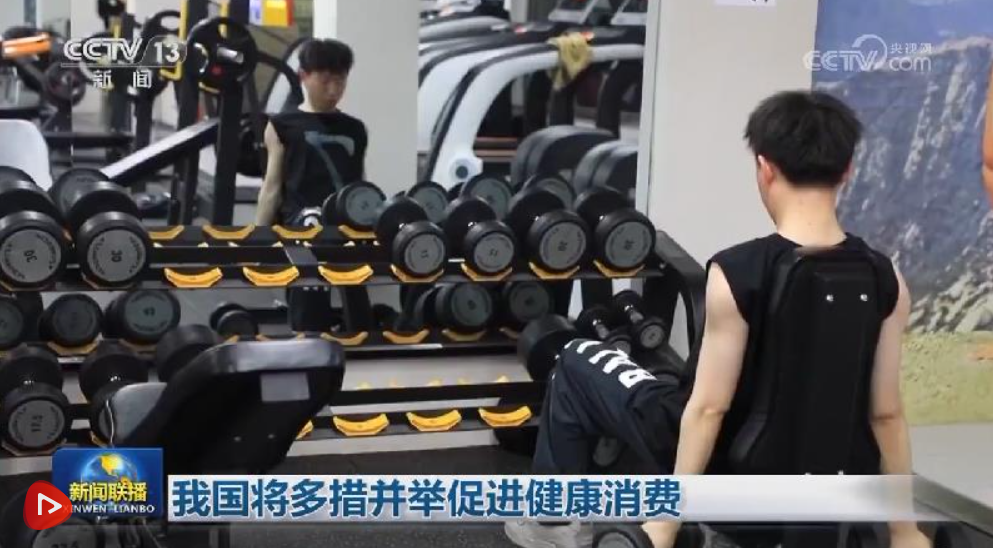 央视网音讯新闻联播):商务部等12部分日前联合印发《促进健康消费专项举动计划》,从提高健康饮食消费水平、丰厚健身运动消费场景、增强银发商场服务才能等十个方面布置要点使命。支撑地方建造体育公园、健身步道
...[详细]
央视网音讯新闻联播):商务部等12部分日前联合印发《促进健康消费专项举动计划》,从提高健康饮食消费水平、丰厚健身运动消费场景、增强银发商场服务才能等十个方面布置要点使命。支撑地方建造体育公园、健身步道
...[详细]
-
 极目新闻评论员 程曼诗。当武汉水上公安将劝止野泳学生的信息实时通报给教育部分,当无人机回旋扭转在汉江上空用乡音喊话劝离戏水孩提,湖北防溺水作业正以准则立异与实践立异的双轮驱动,构筑起看护未成年人生命安
...[详细]
极目新闻评论员 程曼诗。当武汉水上公安将劝止野泳学生的信息实时通报给教育部分,当无人机回旋扭转在汉江上空用乡音喊话劝离戏水孩提,湖北防溺水作业正以准则立异与实践立异的双轮驱动,构筑起看护未成年人生命安
...[详细]
-
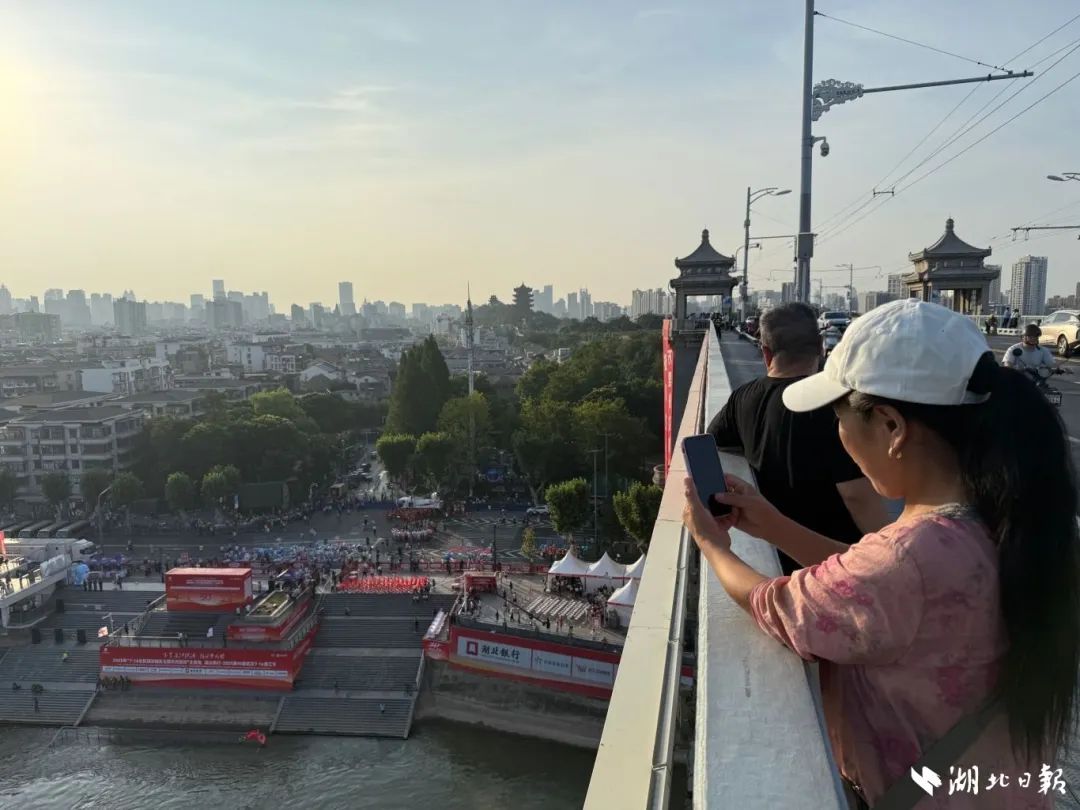 小湖今天早早出门上班了。为什么?由于——。武汉,提早醒了!他们都提早出门过节。第50届武汉渡江节。将于今天上午鸣枪开赛。70名来自国内外的精英“泳士”。将逐浪长江。奔赴这场跨越国界的体育盛会。��值得
...[详细]
小湖今天早早出门上班了。为什么?由于——。武汉,提早醒了!他们都提早出门过节。第50届武汉渡江节。将于今天上午鸣枪开赛。70名来自国内外的精英“泳士”。将逐浪长江。奔赴这场跨越国界的体育盛会。��值得
...[详细]
-
。海报新闻记者 孙佃潇 姜雪颖 报导。近来,河北恒特集团相关负责人梁某向海报新闻记者反映,该集团3个子公司于近年连续承接了河北秦皇岛市海港区等多个区县的多项环保、民生类工程,因被相关方长时刻拖欠工程款 ...[详细]
-
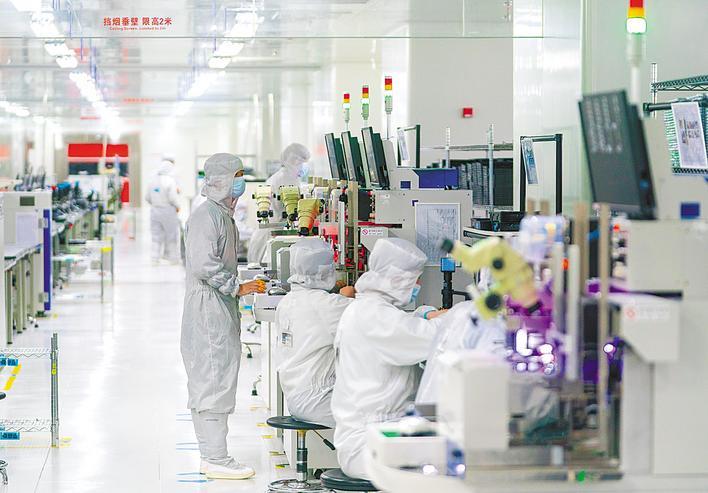 华工科技子公司华工正源高速率光模块制作车间,职工正在出产、检测高速率光模块等要害产品。2024年,华工科技推出38款专精特新产品,研制投入同比增加15%。海外出口额接连三年增速超30%。未来,华工科技
...[详细]
华工科技子公司华工正源高速率光模块制作车间,职工正在出产、检测高速率光模块等要害产品。2024年,华工科技推出38款专精特新产品,研制投入同比增加15%。海外出口额接连三年增速超30%。未来,华工科技
...[详细]
-
2025“荆楚优师方案”800名定向培养师范生签约 录取分数远超基准线
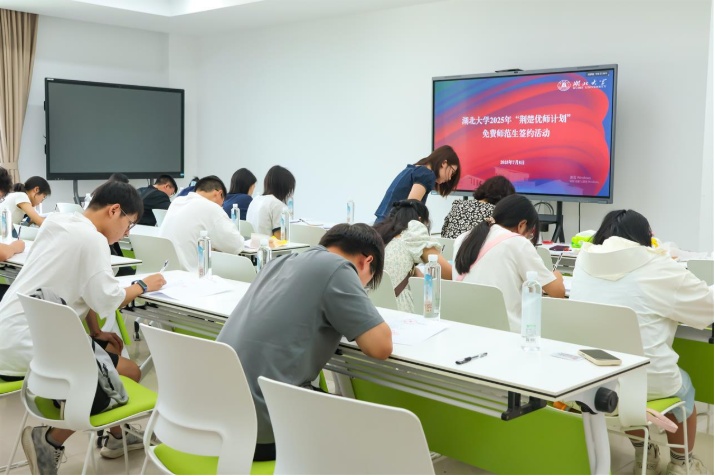 湖北日报讯记者陈熹、通讯员梁炜)7月15日从省教育厅得悉,2025年“荆楚优师方案”本科批招录完结,800位学生签约,在完结学业后,他们将奔赴全省66个县市区,弥补县域优质师资。据介绍,本年“荆楚优师
...[详细]
湖北日报讯记者陈熹、通讯员梁炜)7月15日从省教育厅得悉,2025年“荆楚优师方案”本科批招录完结,800位学生签约,在完结学业后,他们将奔赴全省66个县市区,弥补县域优质师资。据介绍,本年“荆楚优师
...[详细]
-
6月12日,LABUBU上海快闪店敞开首日预定,粉丝购买一张0.01元的进店明星片可进店,但预定刚开端,出场名额就秒空。在二手渠道,0.01元的出场名额被炒至五百元。近一个月以来,许多人看不明白的盲盒 ...[详细]
-
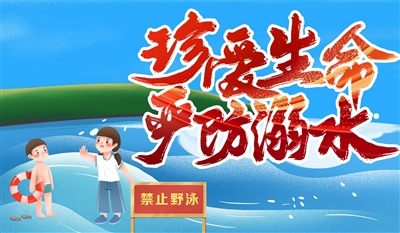 楚天都市报极目新闻讯记者卢成汉 通讯员张忱 夏轩 胡亮)7月15日,骄阳似火,青山区6座涉水公园,除了装备430多个白色安全绳和救生衣、救生圈、救生杆外,还有作业人员的来回巡查,看护未成年人生命安全。
...[详细]
楚天都市报极目新闻讯记者卢成汉 通讯员张忱 夏轩 胡亮)7月15日,骄阳似火,青山区6座涉水公园,除了装备430多个白色安全绳和救生衣、救生圈、救生杆外,还有作业人员的来回巡查,看护未成年人生命安全。
...[详细]
-
 据我国气象局音讯,现在,北京、天津、河北中部连续进入杨絮始飞期,本年京津冀大部地区的杨柳絮整体飘飞时刻,将较终年提早1至3天,估计4月15日前后进入杨絮盛飞期、柳絮始飞期。京津冀大部地区的杨柳絮将在未
...[详细]
据我国气象局音讯,现在,北京、天津、河北中部连续进入杨絮始飞期,本年京津冀大部地区的杨柳絮整体飘飞时刻,将较终年提早1至3天,估计4月15日前后进入杨絮盛飞期、柳絮始飞期。京津冀大部地区的杨柳絮将在未
...[详细]
-
一些抢手场馆在官方预定或售票途径上很难抢到票,第三方途径上却有不少搭售解说等服务的门票出售,价格比本来票价高出几十到数百元。这些票从哪里来?这样搭售的门票靠谱吗?。上海检方申述3名。。运用外挂抢票的犯 ...[详细]

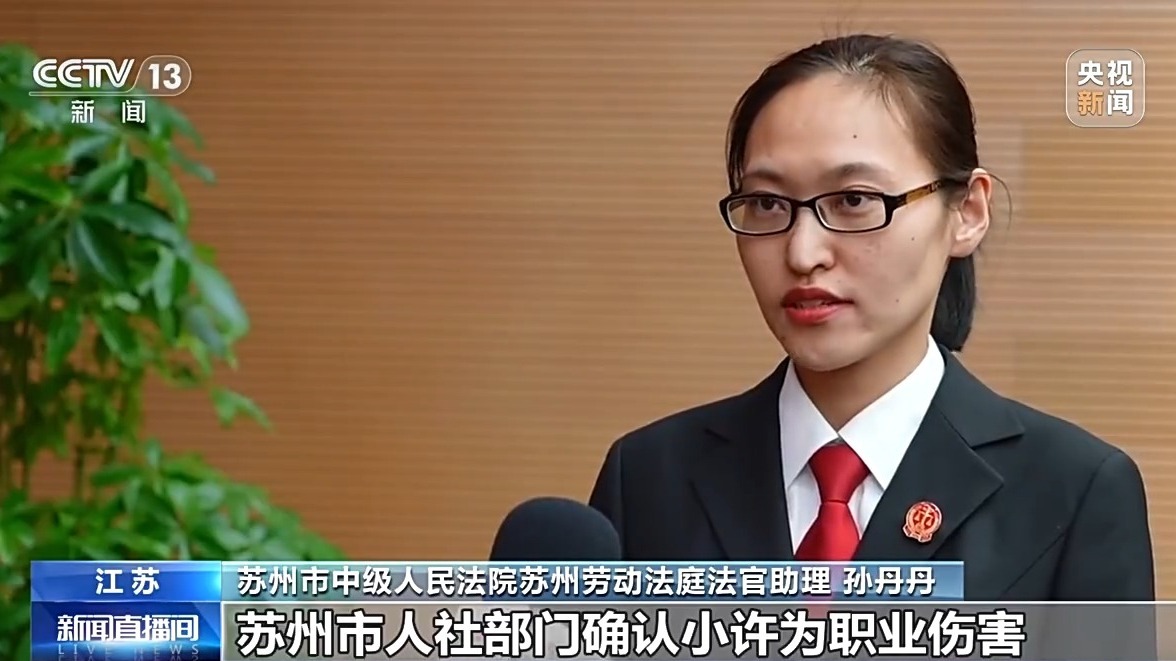 “外卖骑手”送餐受伤 未签定劳动合同谁来补偿?
“外卖骑手”送餐受伤 未签定劳动合同谁来补偿? 账号风云后的韦东奕正常作业:称言论已影响到自己,不想再做任何回应
账号风云后的韦东奕正常作业:称言论已影响到自己,不想再做任何回应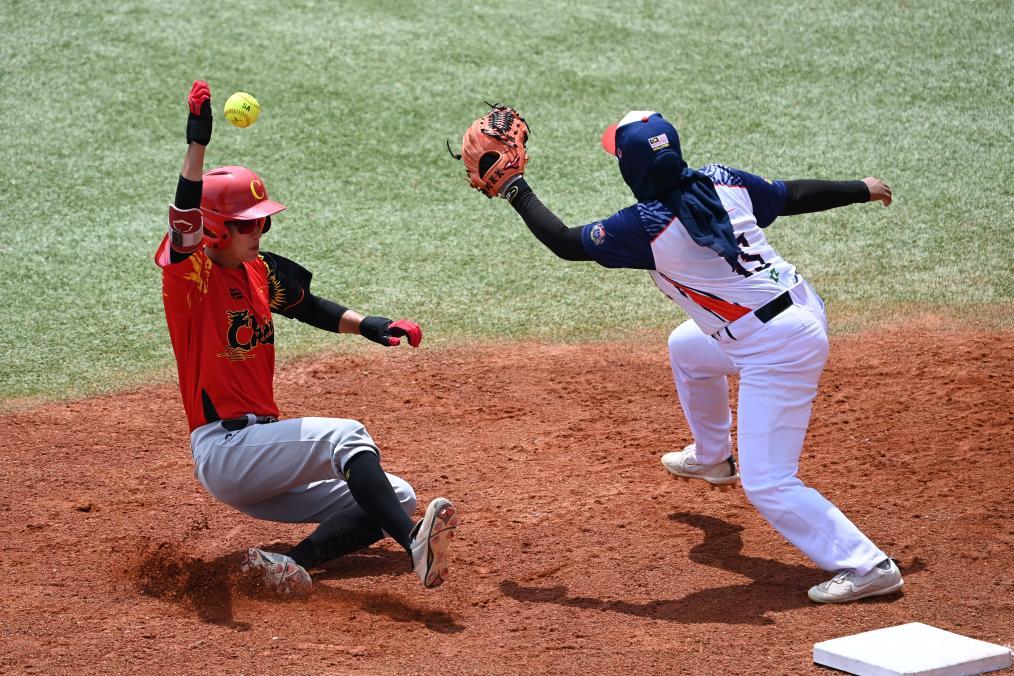 女垒亚洲杯:中国队迎来四连胜
女垒亚洲杯:中国队迎来四连胜 女篮亚洲杯中国队打败韩国队,获得两连胜
女篮亚洲杯中国队打败韩国队,获得两连胜 新华时评·锲而不舍执行中心八项规则精力|抓早抓小、防微杜渐
新华时评·锲而不舍执行中心八项规则精力|抓早抓小、防微杜渐